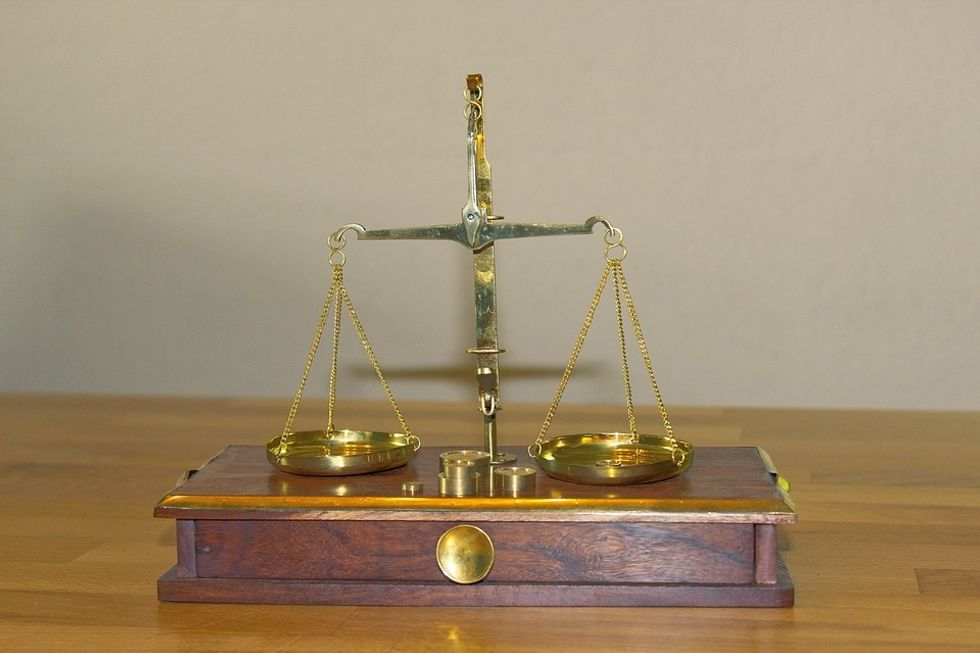In the United States, a country that bases its identity in the purported egalitarian values of its founding fathers, "Equality" has become something of a buzzword—not only in the sense that the word is used a lot (it is), but also in that it's become relatively…meaningless.
I mean, think about the word "equal." It's Latin root, "aequus," has many different definitions--just, kind, impartial, fair, level, even, like, patient, contented….equal.
In my experience, most people define "equality" with phrases like "everyone gets the same" or "everyone's on the same level," which sound great in principle…but may actually be more damaging than blatant INequality in practice.
Kurt Vonnegut Jr.'s short story "Harrison Bergeron" explores how society might look if everyone was really on the same level. Set in a futuristic America, where extreme measures are taken to make sure citizens are "equal in every which way," the story follows protagonist and namesake Harrison Bergeron and his family as they lose their talents, thoughts, beauty, and—ultimately—their lives, in the pursuit of so-called "equality."
I get the feeling Vonnegut's dystopian version of society isn't what we're shooting for when we talk about an equalized world, but his story certainly emphasizes the problematic definition often lent to the term "equality."
Perhaps to make this equality we talk so much about a part of our daily reality, we need to redefine it.
The world is full of individual humans—not clones. Each one of us is unique in some way or another. It sounds cliché, I know, it sounds trite, but that doesn't make it any less true. With 7 billion of us milling around the planet, it seems inevitable that there be significant differences between us all.
But…having those differences isn't necessarily a bad thing. A world without culture and diversity—even a little bit of conflict—sounds about as uninteresting and monotonous as my anthropology lecture this morning.
Being equal to one another doesn't have to mean being the same as one another. We're all different—but instead of trying to tamp down those differences and call monotony equality, we need to be celebrating them as traits that make us all worthy individuals.
Whether you love writing or computer science, identify as a man or a woman (or neither!), have brown eyes or blue ones—you're worthy of having the opportunity to live a successful, satisfying life. Your talents and failures, your flaws and your passions—they should never detract from what society allows you to accomplish. That's what equality should really be about—not sameness, but an equal difference.



 Photo by
Photo by  Photo by
Photo by  a group of people sitting around a table with laptopsPhoto by
a group of people sitting around a table with laptopsPhoto by  people on beach during daytimePhoto by
people on beach during daytimePhoto by  Photo by
Photo by 







